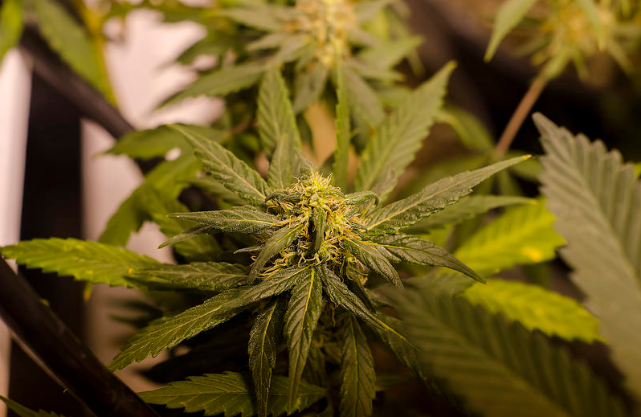Breaking
Supreme Court ruling paves way for speedier drugged driving trials

Expert testimony can be admitted in drugged-driving trials without a preliminary examination of the evidence, the Supreme Court said Thursday in a decision that could help expedite the judicial process in the legalized-marijuana era. (Photo: Global Panorama/Facebook)
OTTAWA—Expert testimony can be admitted in drugged-driving trials without a preliminary examination of the evidence, the Supreme Court said Thursday in a decision that could help expedite the judicial process in the legalized-marijuana era.
The 5-2 court decision on the case of an Ottawa motorist comes as the federal Liberal government prepares to introduce long-promised legislation to legalize the recreational use of pot — a plan that has vast implications for policing the roads.
“Driving while impaired by drugs is a dangerous and, sadly, common activity, prohibited by the Criminal Code,” Chief Justice Beverley McLachlin wrote in her reasons for the majority decision.
“Parliament long ago established a regime to enforce the law against alcohol-impaired driving, with breathalyzer testing and analyst certification at its centre. Enforcing the offence of drug-impaired driving was more elusive.”
In 2008, Parliament sought to confront that challenge with a new regime that includes a 12-part evaluation for drug impairment, established through regulations, to be administered by police officers who receive special training and certification — so-called “drug recognition experts.”
In May 2009, Carson Bingley cut off a driver, crossed the centre line and drove into the opposite lane, nearly striking oncoming traffic before bumping into a car in a nearby parking lot.
He failed sobriety tests administered by a drug recognition expert and admitted to smoking marijuana.
Bingley was acquitted of driving while drug-impaired despite the expert’s evidence, which the judge found could be admitted without a voir dire, or preliminary examination of the evidence.
An appeal led to a second trial, where a judge found that the evidence must be vetted in a voir dire.
The subsequent preliminary examination led the judge to rule the expert evidence inadmissible, resulting in a second acquittal.
The Crown successfully appealed and a third trial was ordered; Thursday’s Supreme Court ruling means that trial will go ahead.
The Criminal Code allows police to compel a person to submit to a drug recognition evaluation when there are reasonable grounds to believe the individual has been driving while impaired by drugs.
The 12-step procedure includes eye evaluations, attention tests, and measurements of blood pressure, temperature, pulse and muscle tone.
If the evaluation leads the officer to further believe the person is impaired by a drug, the officer can then take tests of saliva, urine or blood to determine whether the driver has drugs in their system.
At issue before the Supreme Court was whether a drug recognition expert has expertise beyond the knowledge and experience of a trial judge.
In the decision, McLachlin said the expert does indeed have such knowledge under the system set out in law. “His expertise has been conclusively and irrebuttably established by Parliament.”
A trial judge is therefore not obliged to hold a voir dire to determine the admissibility of the expert’s evidence, McLachlin said, adding that doing otherwise would be “a waste of judicial resources.”
In dissenting reasons, Justice Andromache Karakatsanis said Parliament had endorsed the reliability of the 12-step evaluation as an investigative tool, not for the purpose of “an evidentiary shortcut at trial.”
She said that in her view courts have discretion to require confirmation that the science behind drug recognition expert evaluations meets the necessary level of reliability before admitting the evidence at trial.





















